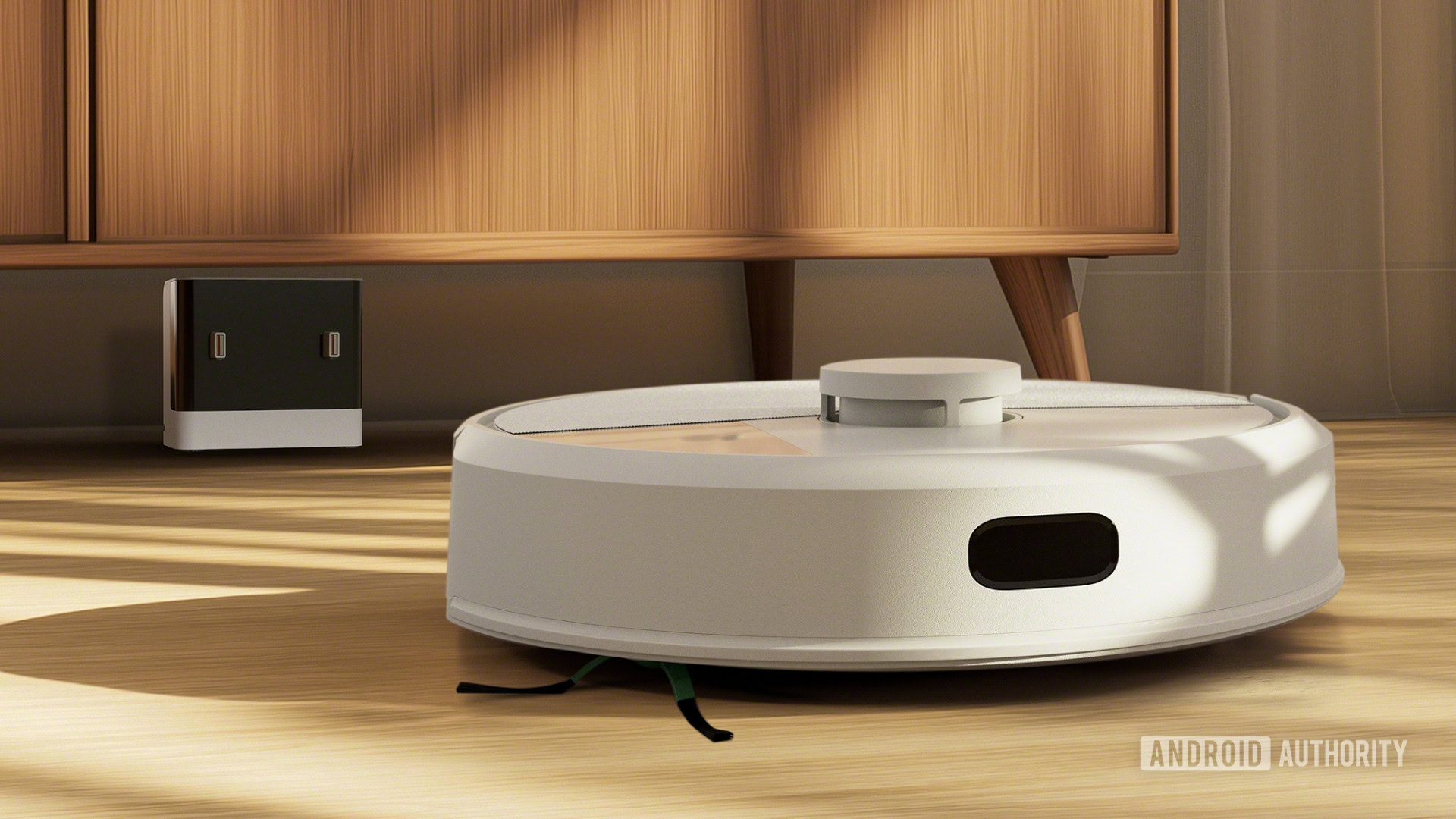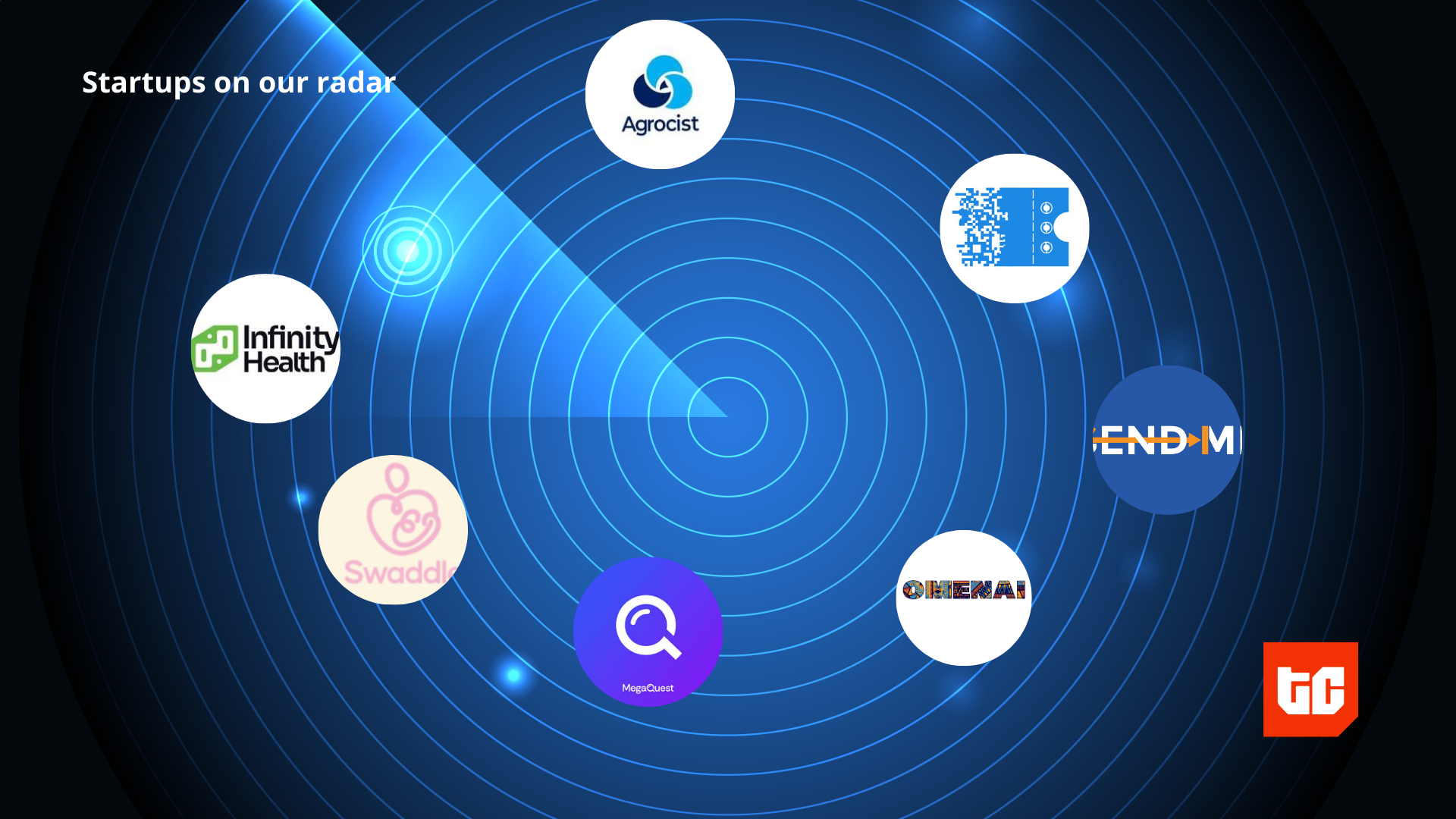Windows 11 comes with several essential apps that you probably use every day. But alongside these are plenty of apps you’ll never open because they don’t serve any meaningful purpose. Removing them not only frees up storage space but also makes your PC easier to navigate.
10
Mail
The Mail app used to be one of my favorite Windows apps, but sadly, it is now officially dead. Microsoft has decided to retire it in favor of the newer Outlook app. If you try to open the Mail app on your PC, you’ll either be redirected to Outlook or prompted to install it.
In other words, the Mail app is now little more than a ghost of its former self, so there’s really no reason to keep it. And if Outlook isn’t your thing, you still have options. There are plenty of apps like Thunderbird, Mailspring, or Fantastical that offer reliable email experiences on Windows.
9
Camera
The Camera app is one of those programs you probably open the first time you get a new laptop or webcam—just to test it—and then forget all about it. Even if your laptop has a decent webcam, you’re unlikely to use it for snapping photos or recording videos. In almost every case, your phone will do a far better job.
Even if you do rely on your webcam for video calls, you still don’t need the Camera app anyway. On Windows, you can head to Settings > Bluetooth & devices > Cameras > Integrated camera to check the preview and adjust key settings.
Also, most conferencing apps like Zoom, Teams, and Google Meet already include options to preview, test, and adjust your camera before you join a meeting. That makes the standalone Camera app feel mostly redundant.
8
Movies & TV
Streaming subscriptions have become a part of our daily lives, and most people already pay for multiple services. So, the idea of buying and renting specific content from the Movies & TV app feels outdated. Unless you’re a die-hard collector who insists on owning every film, it’s safe to say these kinds of apps have outlived their usefulness.
Even on the rare chance you actually want to buy or rent a movie from Microsoft, the Entertainment tab in the Microsoft Store gives you access to the same catalog. That makes the Movies & TV app little more than dead weight.
7
Microsoft Solitaire Collection
Solitaire used to be the ultimate way to kill time on a Windows PC, and honestly, I used to love playing it. But times have changed. While Microsoft still bundles Windows 11 with its Solitaire Collection and a handful of card games, they don’t feel like a must-have anymore.
It’s easier than ever to open a web browser and play nearly every card game imaginable. Also, you get access to a huge variety of casual games you won’t find in Windows’ built-in collection. Whether you’re looking for a quick round of Solitaire or something completely new, online options are faster and more convenient.
Unless you’re holding onto Solitaire for nostalgic reasons or for offline play when the internet goes down, it’s safe to remove it and reclaim some space.
6
Maps
Maps is another app that Microsoft officially retired in 2025. It’s no longer available on the Microsoft Store and isn’t included with new PCs. If your system still has it, it’s a good idea to remove it. Microsoft first launched it with Windows Phone, but its usefulness on a PC or laptop was always limited.
If you need directions or want to plan a journey, Google Maps is already accessible through any web browser, and you can even install it as a Progressive Web App for quick access. Plus, if you sign in with your Google account, you can access your saved places, recent searches, and more. If you prefer Apple Maps, you can use it now that it’s available on the web.
5
Microsoft News
Microsoft News is one of those apps most people don’t even realize exists on their PC. Unless you actively check the list of installed apps, it’s easy to forget it’s there. The app delivers personalized news stories, which can be handy if you like catching up on current events from your computer.
The problem is, you already get similar functionality through the Widgets panel on Windows. Plus, Microsoft Edge displays a customizable news feed on its home page. So even if you enjoy reading news on your PC, it doesn’t make much sense to keep Microsoft News installed.
4
Feedback Hub
Feedback Hub is one of those apps most users never touch. Its main purpose is to let you send suggestions, report bugs, and share your experience directly with Microsoft. While that sounds useful, very few people actually have the time, energy, or interest to do so.
Unless you’re a dedicated Windows enthusiast who loves submitting feedback, you’re unlikely to open it even once. The app will quietly sit on your system and take up space. The good news is, you can get rid of it safely without any risk.
3
Microsoft 365 Copilot
Microsoft 365 Copilot sounds futuristic and impressive, but it’s more hype than utility. The app acts as a central hub for accessing Word, Excel, PowerPoint, and other Office programs. The app aims to streamline productivity by letting you create, manage, and share content from one place.
This sounds great if you actively use Office apps and have a Microsoft 365 subscription. If you don’t have a subscription, however, the app is essentially useless.
Even with one, Microsoft 365 Copilot is mostly just a fancy shortcut to the online Microsoft 365 portal. It offers nothing that you can’t already access through a web browser. Unless you love clicking extra icons, it’s safe to uninstall this app and free up some space.
2
Sound Recorder
The Sound Recorder app does exactly what you expect: it lets you record audio on your PC. It’s useful for capturing lectures, interviews, or other sounds, letting you record, do basic edits, and save or share your files easily. However, unless you have a high-quality external microphone, don’t expect great audio quality. It’s far better to use your phone for recording.
If you regularly record audio for voiceovers, podcasts, or other projects, there are better apps available. Audacity, for example, is a free, open-source app that’s lightweight yet packed with useful features for recording and editing. It lets you manage multiple tracks, adjust levels, and apply effects that the basic Sound Recorder can’t touch.
1
Weather
The Weather app in Windows 11 is designed to give a quick snapshot of the forecast, complete with animations, temperatures, and precipitation details. It also offers detailed forecasts, severe weather alerts, and radar maps—basically everything a casual weather watcher might need.
The problem is that most of this information is already easily accessible online. For most of us, we just want to know if it’s going to rain or snow—and Windows already keeps you updated through the taskbar and Widgets panel.
Plus, the built-in Weather app on your phone provides notifications for these updates. Unless you plan to open the Weather app daily to check every detail, it’s largely redundant.
The good thing is that you don’t have to keep every preinstalled app just because it came with Windows. Spending a few minutes removing them can help you reclaim storage space and make it easier to find the apps you actually use.




















